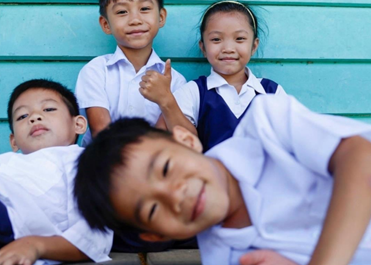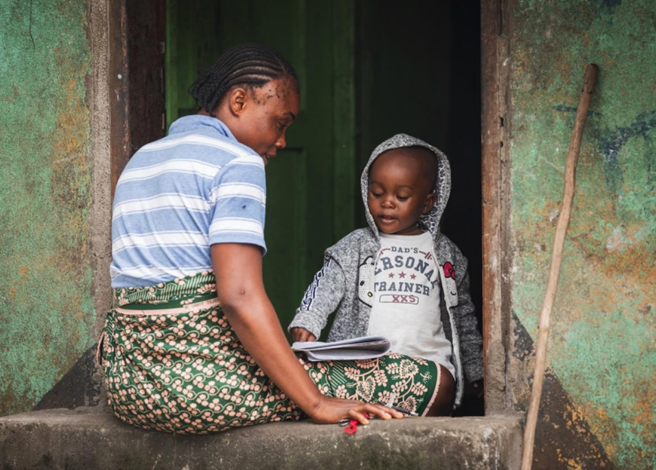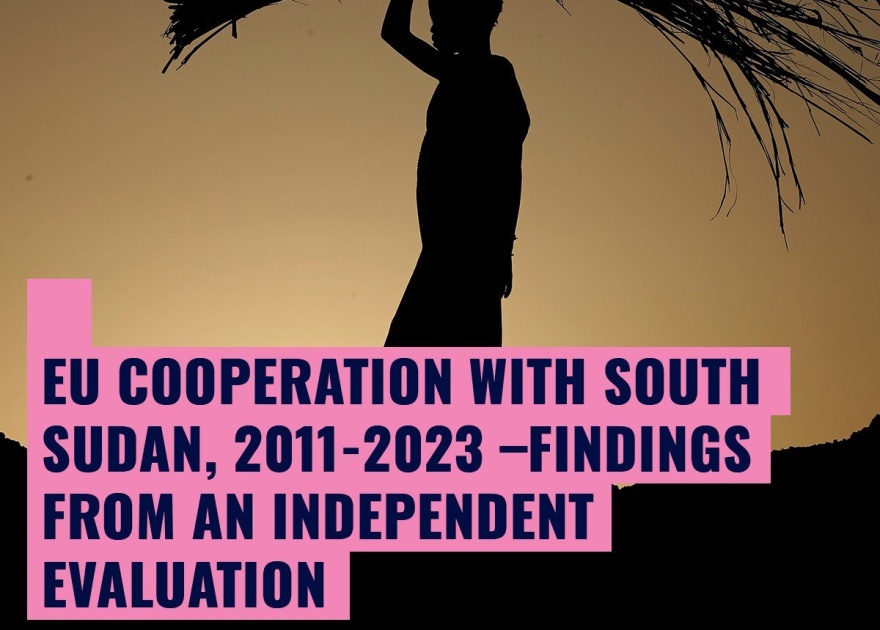Landell Mills appointed by DFID to undertake evaluation of the New Alliance ICT Challenge Fund
The New Alliance ICT Challenge Fund is funded by USAID, DFID, the Bill and Melinda Gates Foundation (BMGF), and the International Fund for Agricultural Development (IFAD). As part of the New Alliance for Food Security and Nutrition, the challenge fund aims to increase the adoption of technologies that boost agricultural productivity for smallholder farmers.
Landell Mills has been commissioned by DFID to undertake an independent performance evaluation of the challenge fund. The team of experts is led by Dr. Rachel Percy and comprises of Martine Koopman, David Toomey, Eunica Aure and Diletta Carmi, as well as three national experts.
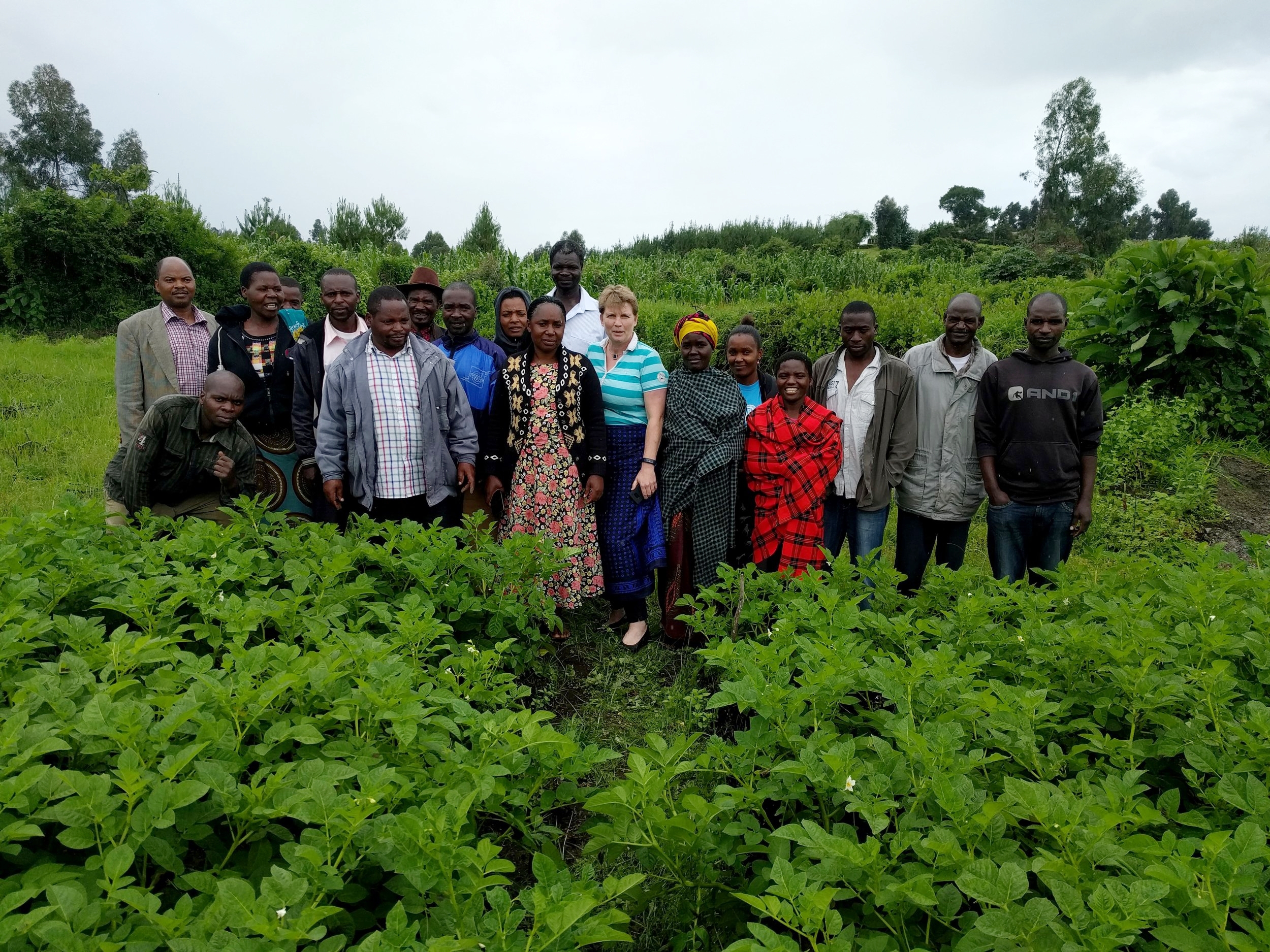
Meeting beneficiary farmers in Tanzania
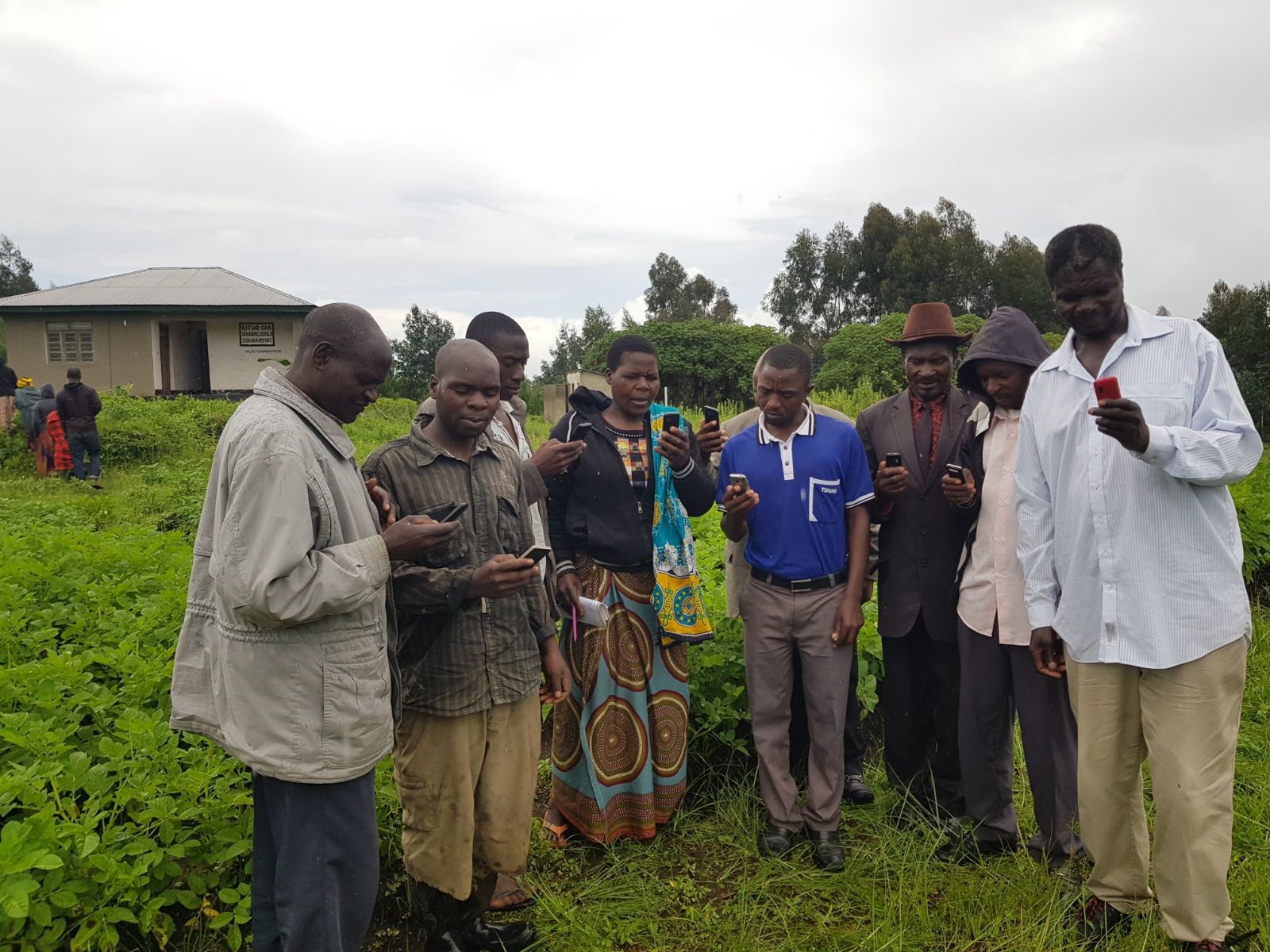
The programme started in 2014 and funds were awarded to grantees across the following six countries in Africa: Ghana, Ethiopia, Malawi, Mozambique Senegal, and Tanzania. In each country several organisations are involved under the lead of the following grantees: Digital Green in Ethiopia, Grameen Foundation in Ghana, Catholic Relief Services in Malawi, NCBA CLUSA in Mozambique, Concern Universal in Senegal, and Farm Radio International in Tanzania.
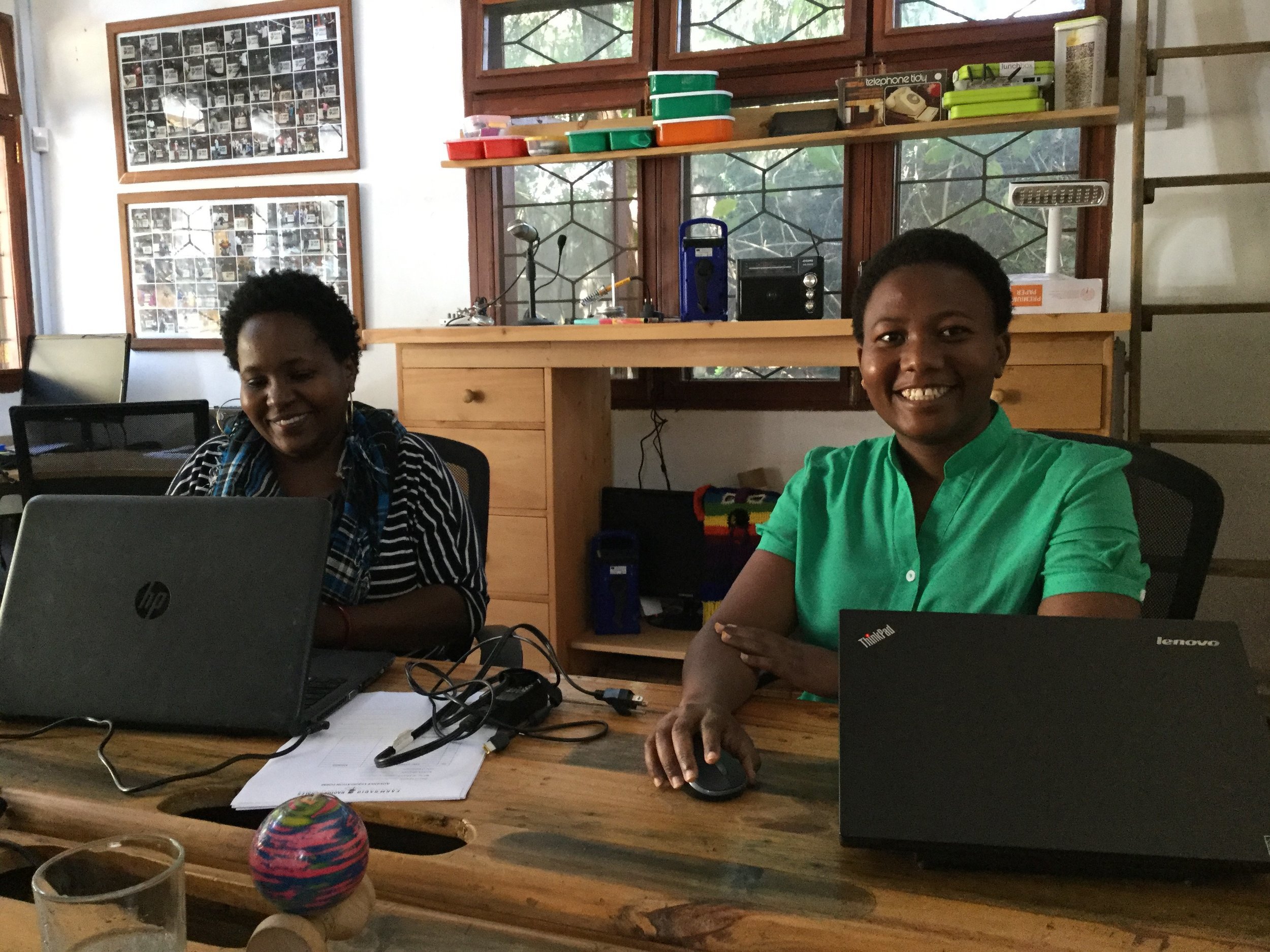
As well as carrying out an independent assessment of the performance of the programme, Landell Mills is also implementing a comparative analysis of the interventions funded in the six recipient countries. The evaluation, which will be completed in March 2019, primarily follows a qualitative approach, and is complemented by a Value for Money analysis. Data collection methods include document review, focus group discussions, and key informant interviews, among others. In addition, fieldwork will take place in three countries. Field missions have already been carried out in Tanzania and Ethiopia, and the international experts are currently in Senegal. The missions will enable Landell Mills' team of experts to gain a deeper understanding of the programme through in-country stakeholder meetings and interviews.
